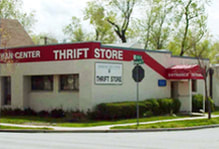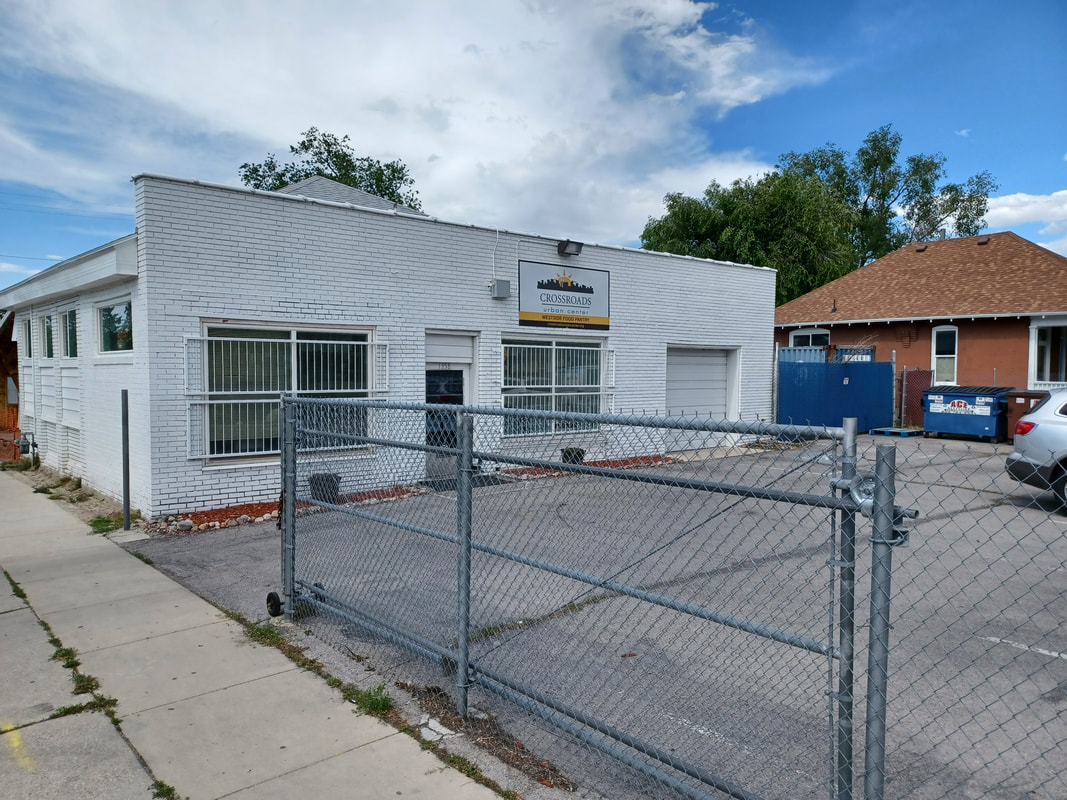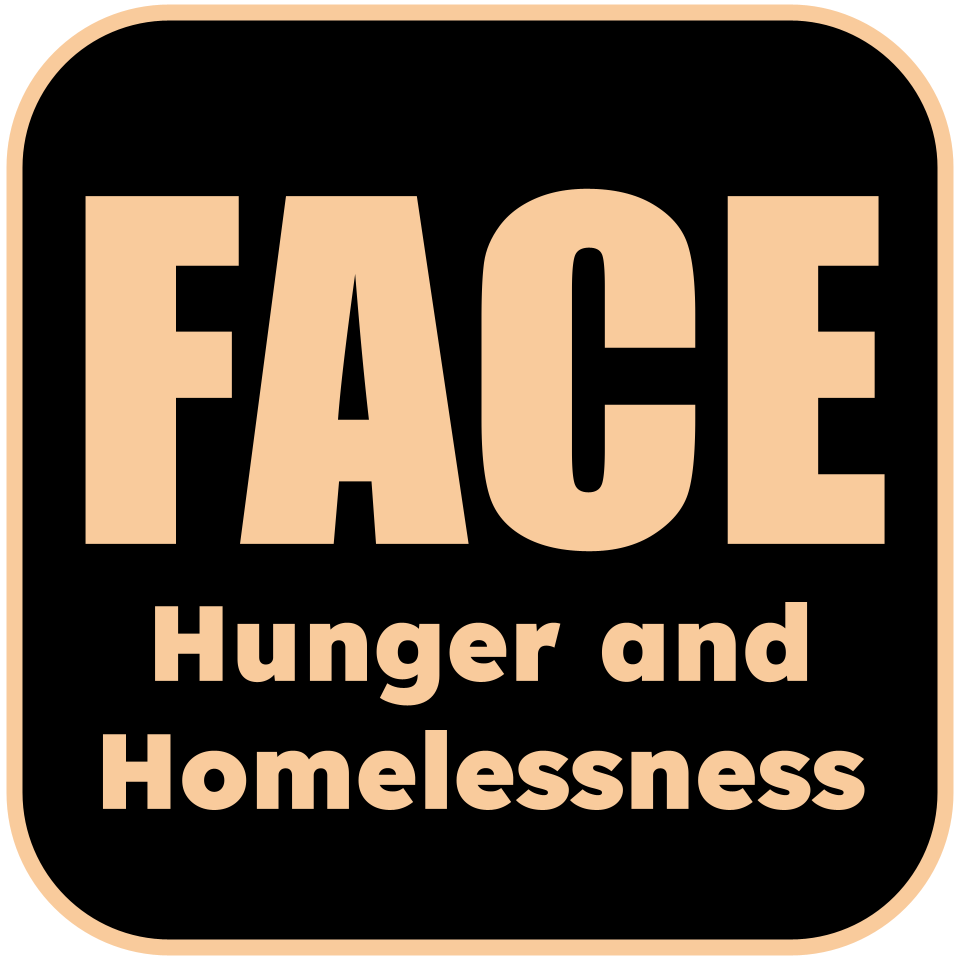On Wednesday. November 21, 2019, leaders of faith and community groups gathered at the Utah Capitol building to explain why a proposal to increase the sales tax on food is unpopular and unfair. Below is a talk from one of the speakers and photos from the event.
| Speech by Rev. Vinnetta Golphin-Wilkerson, Pastor from Granger Community Christian Church (DOC) On November 16, between 10 am and noon (2 hours), the Granger Community Christian Church food pantry, served 176 families (avg 4/family = 704 people). The Granger food pantry is one of several across the state working to help low income families in Utah. Granger is not an emergency pantry, we are part of the life plan for families who are balancing low wage/part time jobs to manage basic needs - housing, utilities, transportation and food. The families we serve are a small part of a larger, and sadly growing number of families who are on the edge of household stability, a cold/flu, a flat tire or other minor car repair, can make the difference in paying each month’s rent. Families who are struggling month to month, and or check to check, will be unfairly impacted by the proposed changes in the tax structure. We should not change the tax system so that those with less money are forced to pay more for groceries every month while their landlord and employers pay less tax total every year. Our legislators are good people from our communities. They are tasked with balancing the needs and priorities of our state in the context of our values and humanity. We are here today to help our legislature hear our voices as they work to achieve this balance.
Two years ago, the Utah House of Representatives passed HB 148, which eliminated the state portion of the sales tax on unprepared food and paid for that cut by increasing the tax on nonfood items by 0.22 percent. This bill would benefit most Utah families (including the 704 from last Saturday) because the sales tax reduction on food would be eight times bigger than the increase to tax on nonfood items. Most families spend much more money on food than on the nonfood items that are subject to sales tax. Simply put, with this bill needed revenue could be gained AND families with low and fixed incomes would save money to use on other family and household needs like utilities or transportation. It is a win-win. | |







